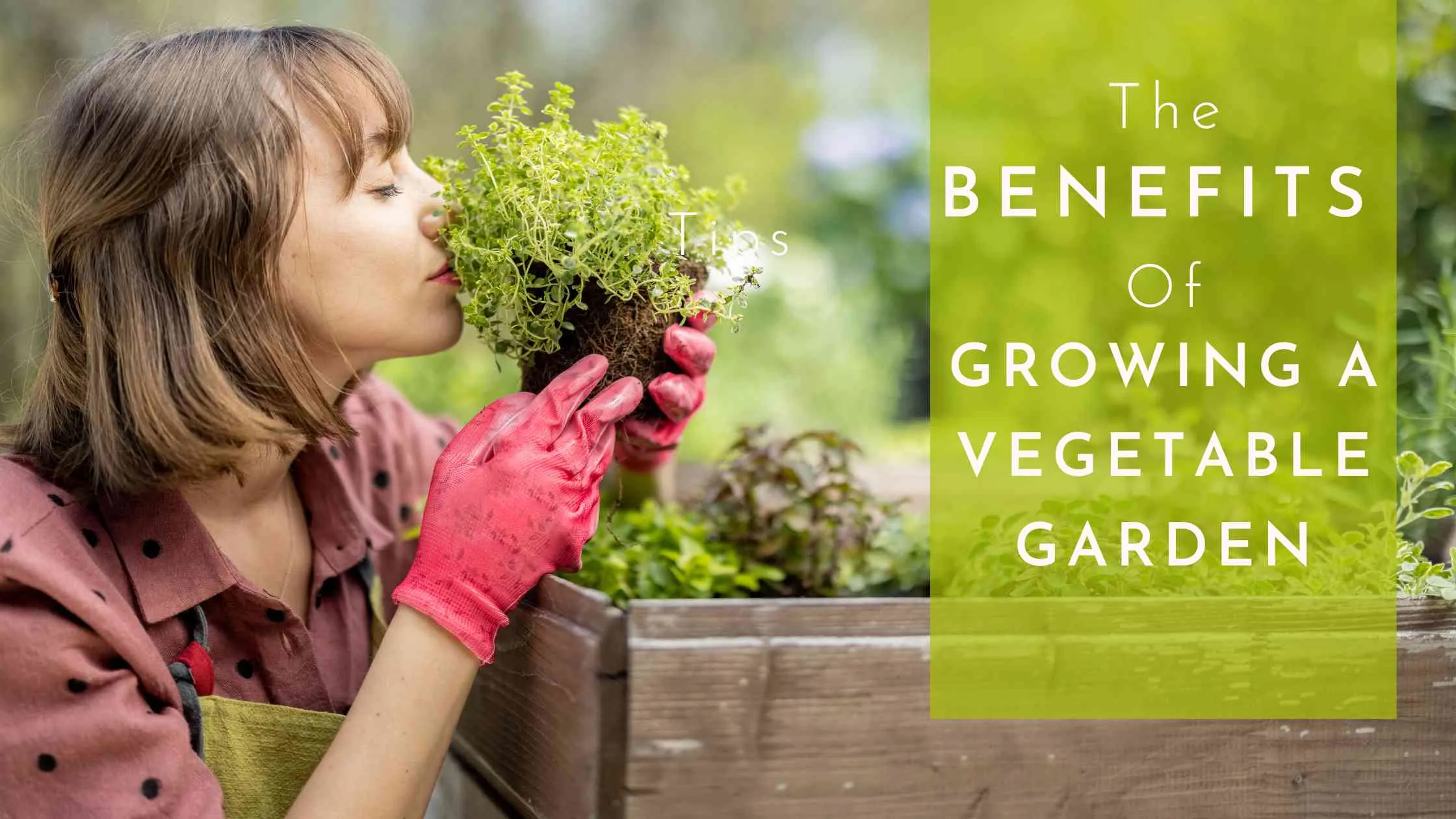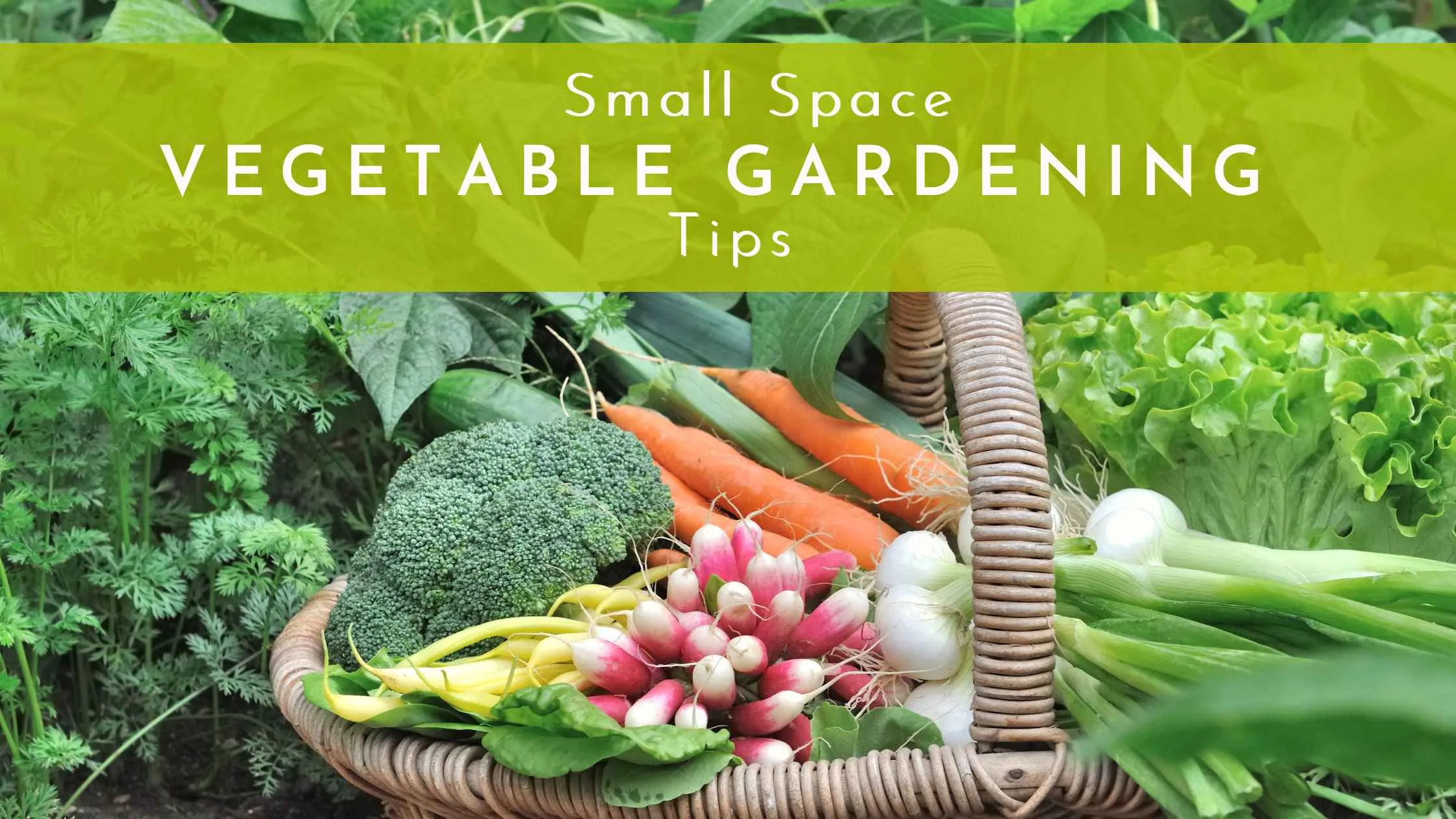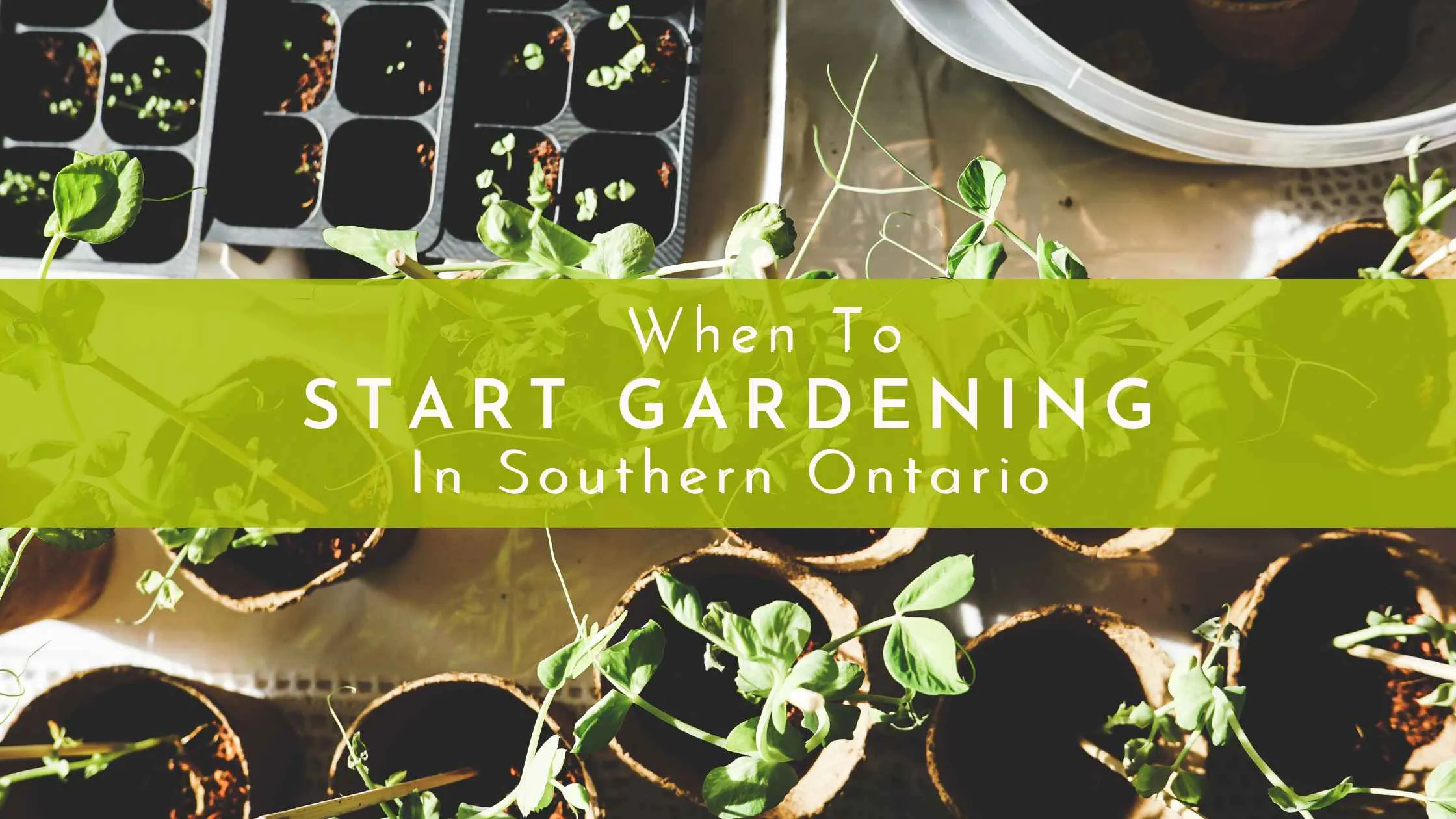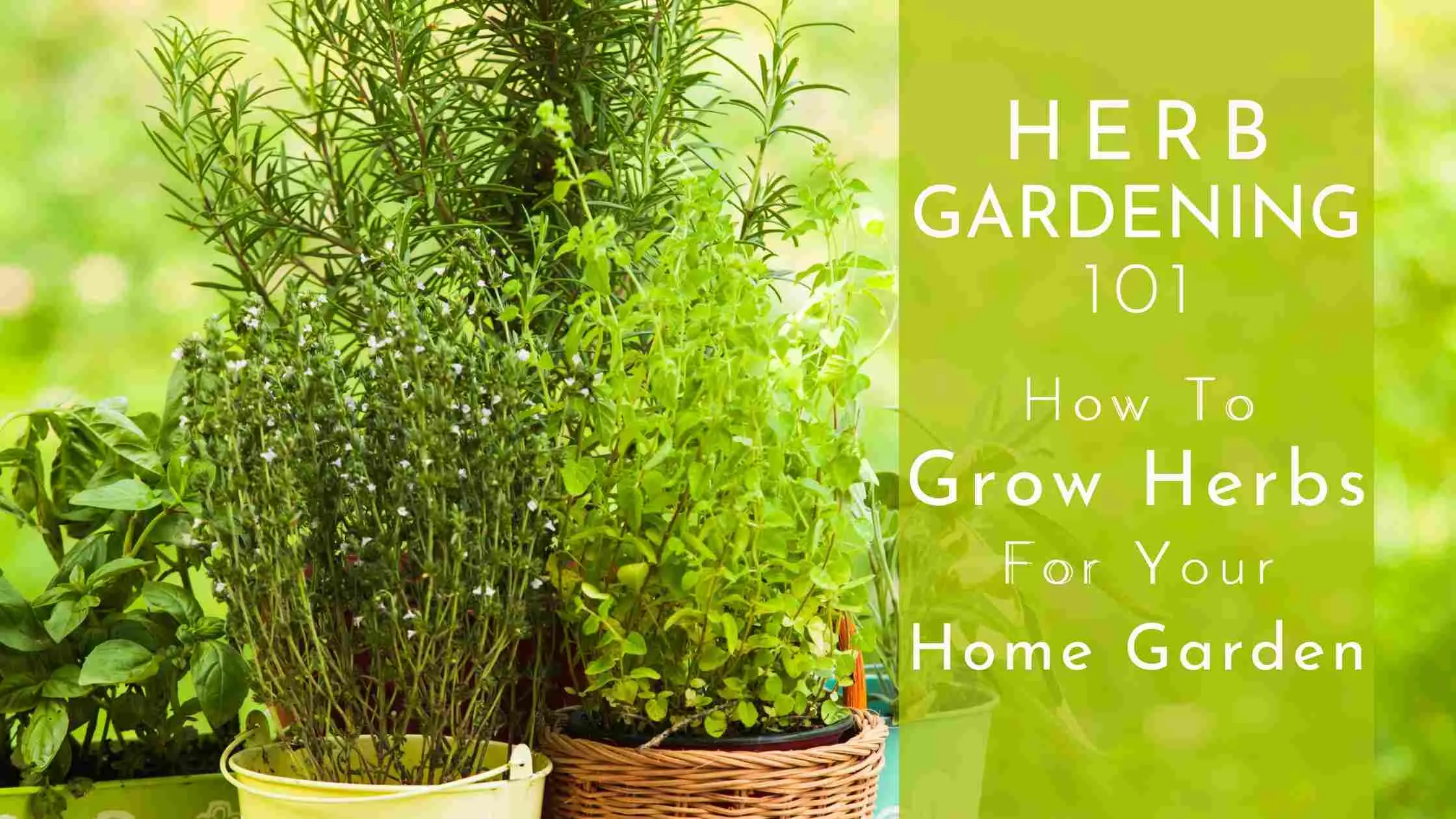How To Make Compost Tea
Compost tea, an incredible, natural elixir that can supercharge the health and vitality of your garden, especially when you're working with limited space. Let's explore compost tea, how it differs from regular compost and, the types and benefits it brings to our plants. Plus, I'll guide you through making your own compost tea and how to use it effectively!
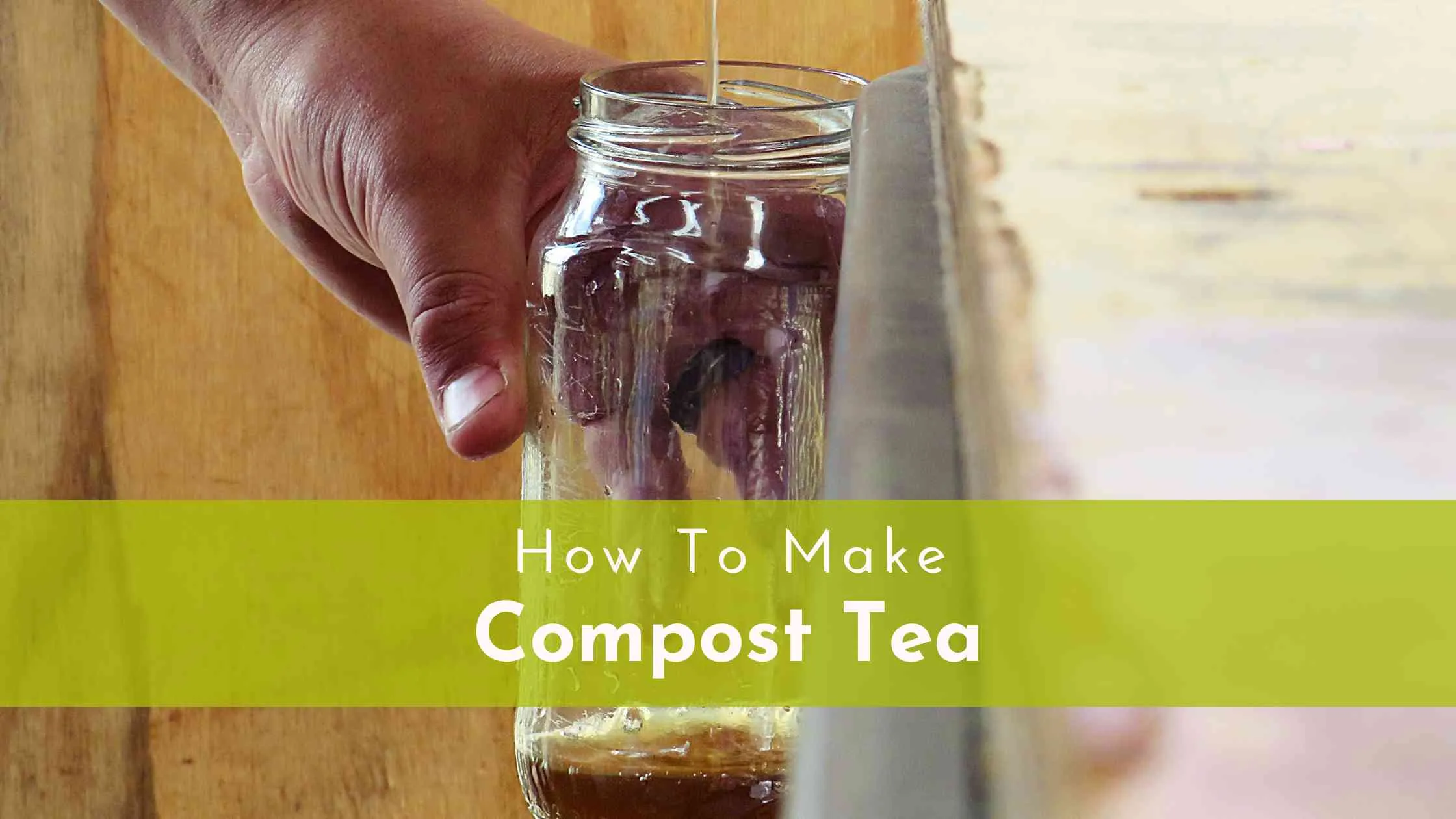
What is Compost Tea?
Compost tea is a liquid solution or brew made by steeping compost in water. The idea is to extract the beneficial microorganisms (like bacteria, fungi, and protozoa) and soluble nutrients from the compost into the water. This tea becomes a nutrient-rich solution that can be sprayed directly onto plant leaves or applied to the soil. By using compost tea, you provide your plants with a quick nutrient boost and help improve plant health and soil quality.
The Difference Between Compost and Compost Tea
The main difference between compost and compost tea lies in their form and application. Compost is solid and is typically mixed into the soil to slowly improve soil fertility and structure as it decomposes further. Compost tea, on the other hand, is a liquid extract of compost that provides a faster, more immediate burst of nutrients and beneficial microorganisms. Compost tea is especially useful for targeting specific plant needs such as foliar feeding or quick soil amendment.
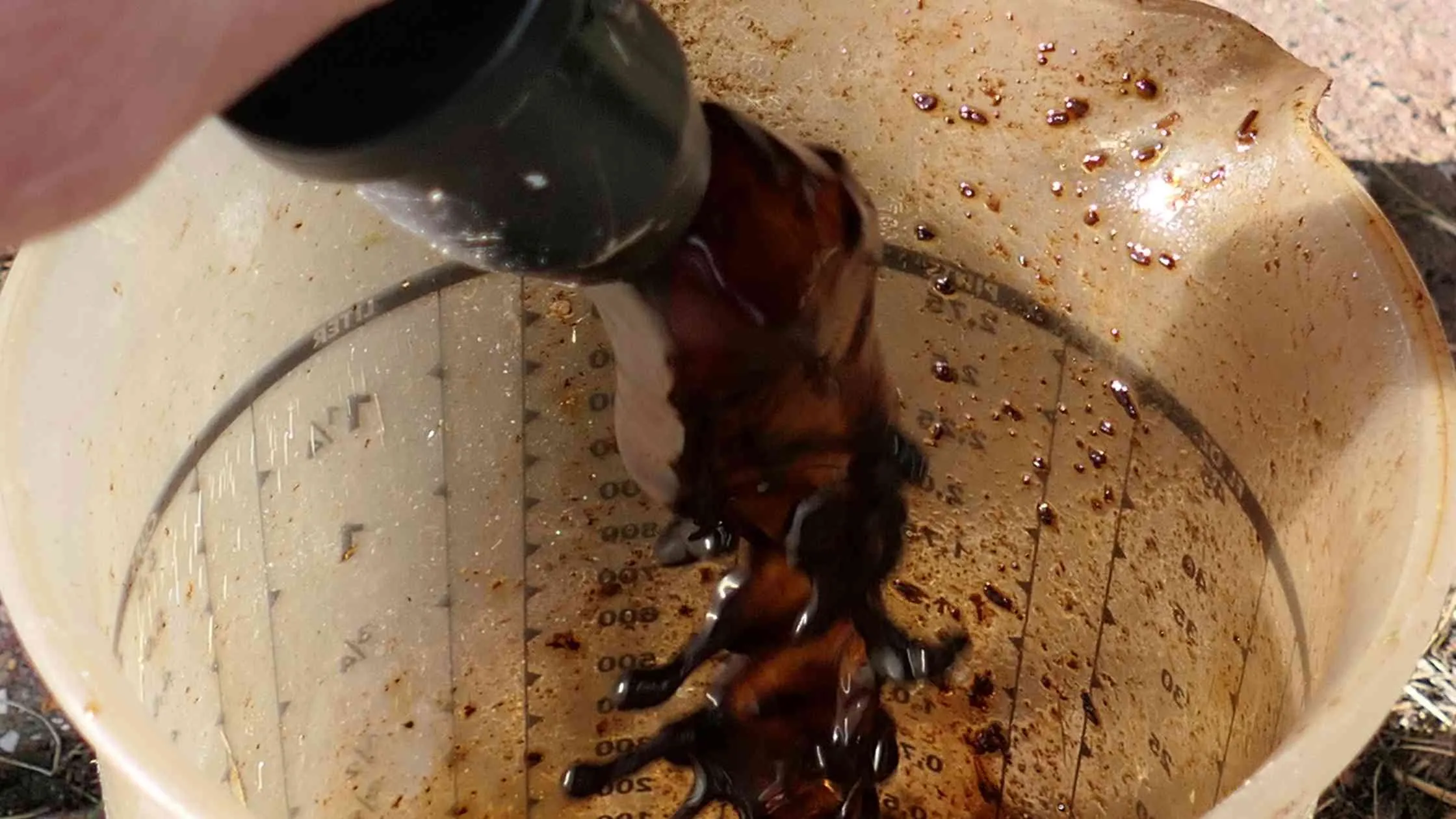
Types of Compost Tea
Compost tea can be categorized mainly into two types:
- aerated compost tea (ACT), and
- non-aerated compost tea (NCT).
ACT is made with a pump that infuses oxygen into the water, promoting the growth of aerobic bacteria and fungi. This type of tea is generally more effective due to the life-sustaining oxygen that helps beneficial organisms thrive.
NCT, while easier to make (no electricity or equipment needed), can sometimes foster the growth of anaerobic bacteria, which are less beneficial for plants.
How Long Does It Takes To Make Compost Tea
The brewing time for compost tea can vary depending on the method used. Aerated compost tea typically takes about 24 to 36 hours to brew. This time allows for the multiplication of beneficial microorganisms under aerated conditions. Non-aerated tea, though simpler, can take a similar amount of time but with different microbial results.
Benefits Of Compost Tea
Compost tea offers numerous benefits:
- Enhances Plant Growth: Provides nutrients and microbial life that stimulate plant growth.
- Improves Soil Structure: Microorganisms in compost tea help create a healthier soil environment.
- Disease Suppression: The beneficial organisms can help protect plants from various diseases when you spray them on the leaves or in the soil.
- Nutrient Availability: Increases the availability of nutrients to plants, particularly in a form that plants can easily absorb.
- Eco-friendly: A natural alternative to synthetic fertilizers and pesticides.
Steps To Make Compost Tea
Making your own compost tea is a straightforward and satisfying process. Here’s how you can do it:
- Choose a Compost Source: Use well-aged, organic compost as your base.
- Prepare Your Equipment: If making ACT, set up an air pump with an air stone to ensure adequate oxygen supply. For NCT, a bucket or barrel will suffice.
- Mix Ingredients: Fill your container with water (preferably non-chlorinated as chlorine can kill the beneficial bacteria) and add compost. A typical ratio is about 5 parts water to 1 part compost.
- Add Extras (optional): To boost microbial activity, consider adding unsulfured molasses, seaweed extract, or fish hydrolysate.
- Brew: Allow the mixture to brew for 24-36 hours. For ACT, ensure your air pump runs continuously.
- Strain: Filter the mixture to remove solid particles. This step is crucial to prevent sprayers or watering cans from clogging.
- Dilute (if necessary): Depending on your intended use, you might need to dilute the tea with more water.
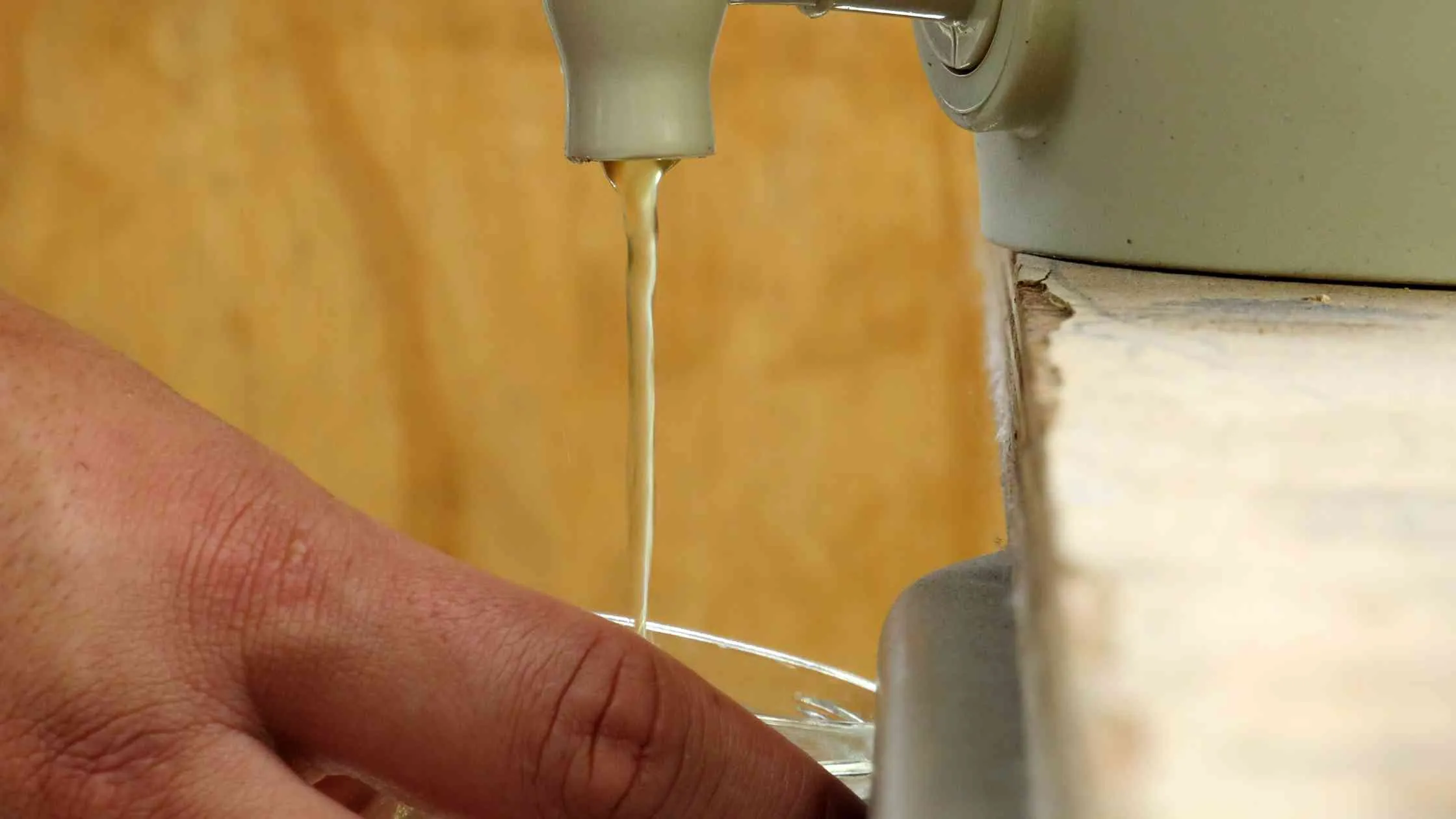
When To Use Compost Tea
Compost tea can be used throughout the growing season to maintain plant health. For foliar applications, spray the tea directly onto the leaves early in the morning or late in the evening. For soil applications, pour the tea around the base of the plants. Regular use, such as bi-weekly or monthly, can significantly benefit your plants and soil.
Compost Tea FAQs
Q: Can compost tea burn my plants?
No, compost tea is gentle on plants and does not burn them when applied correctly.
Q: How long can I store compost tea?
For best results, use compost tea within 4-6 hours of brewing. After this, the microbial activity declines.
Q: Is compost tea odor-free?
Properly aerated compost tea should have a sweet, earthy smell. If it smells sour or rotten, the batch may have gone anaerobic and should not be used.
Wrapping Up
Compost tea is a sustainable way to boost your garden's productivity and health. It's easy to make and can have a big impact on your plants. So why not give it a try and see how your garden blooms and thrives?


